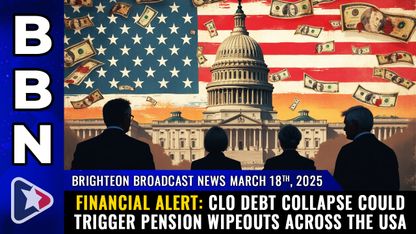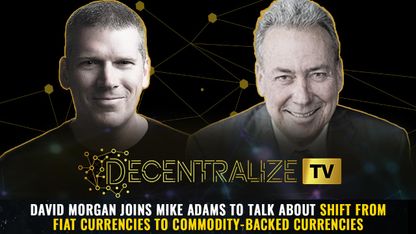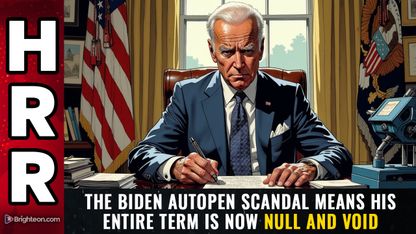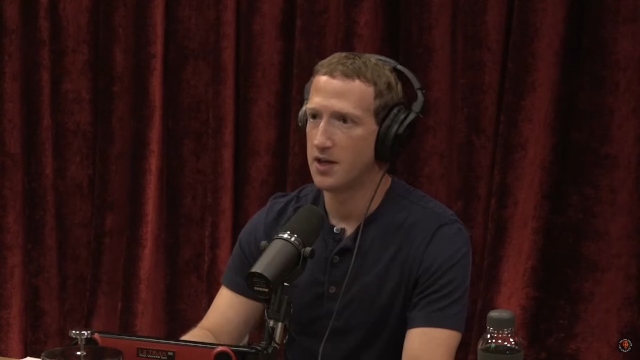
- The Federal Trade Commission (FTC) passed a bipartisan Junk Fees Rule in a 4-1 vote to combat hidden fees in live-event ticketing and short-term lodging industries, requiring businesses to disclose total prices upfront, including mandatory fees.
- The rule aims to save consumers up to 53 million hours annually and an estimated $11 billion over the next decade by eliminating the need to search for true costs, enhancing price transparency, and leveling the competitive playing field.
- Some industry stakeholders and conservative critics argue the rule may reduce business flexibility and set a concerning regulatory precedent, with Republican FTC Commissioner Andrew Ferguson dissenting, expressing concerns about enforcement under a potential Trump administration.
- The rule faces uncertainty over its future under a potential Trump administration, and while the House passed the TICKET Act to address ticket fees, the Senate has yet to act, indicating ongoing legislative and regulatory efforts to improve price transparency.
The Federal Trade Commission (FTC) has taken a significant step toward addressing hidden fees in the live-event ticketing and short-term lodging industries with the announcement of its final Junk Fees Rule. The bipartisan rule, approved in a 4-1 vote, aims to combat deceptive pricing practices that have long frustrated consumers by requiring businesses to disclose the total price upfront, including all mandatory fees. While the move has been praised by consumer advocates and the Biden administration as a victory for transparency, it has also sparked debate among industry stakeholders and conservative critics, who argue it may stifle business flexibility and set a troubling regulatory precedent.
The FTC’s Junk Fees Rule targets practices such as bait-and-switch pricing, where companies advertise a low base price but bury additional fees – such as “resort,” “convenience” or “service” fees – until the final stages of a transaction. These hidden fees, according to FTC Chair Lina M. Khan, have cost consumers billions of dollars and wasted millions of hours as they scramble to understand the true cost of their purchases. The rule mandates that businesses clearly and conspicuously disclose the total price, including all mandatory fees, in their advertising and pricing information. It also requires that the total price be displayed more prominently than other pricing details, ensuring consumers know the full cost upfront.
The FTC estimates that the rule will save consumers up to 53 million hours annually in wasted time spent searching for the true price of tickets and lodging. Over the next decade, this time savings is projected to translate to more than $11 billion in consumer benefits. The rule does not prohibit businesses from charging fees or limit the amount of those fees, but it does require transparency. This approach aims to level the competitive playing field, making it easier for consumers to compare prices and ultimately saving them money.
Bad for business?
While the rule enjoys broad support from consumer advocates and the Biden administration, it has faced criticism from some industry stakeholders and conservative voices. Republican FTC Commissioner Andrew Ferguson dissented from the ruling, arguing that the Commission should focus on routine law enforcement rather than imposing new regulations during the waning days of the Biden administration. Ferguson, who has been tapped by President-elect Trump to replace Khan as FTC chair, expressed concern that the rule would not take effect until after Trump’s inauguration, leaving it to the incoming administration to enforce or potentially withdraw. He warned that the precedent set by the rule could influence future regulatory decisions, stating, “The precedent set today is unfortunate, but it is certainly a precedent by which future Commission majorities will abide.”
President Biden, however, applauded the FTC’s decision, emphasizing the impact of hidden fees on American consumers. “We all know the experience of encountering a hidden fee at the very last stage of checkout,” Biden said. “These junk fees sneak onto your bill and companies end up making you pay more because they can. Those fees add up, taking real money out of the pockets of Americans.” The administration has made combating junk fees a priority, with similar efforts underway in other sectors, such as credit card late fees and airline charges.
The FTC’s rulemaking process was extensive, with the agency receiving over 60,000 comments from consumers and stakeholders following the proposed rule in October 2023. The final rule reflects the agency’s commitment to addressing widespread concerns about deceptive pricing practices. However, the broader debate over junk fees extends beyond the FTC’s jurisdiction. In Congress, the House passed the TICKET Act earlier this year, which would require ticket sellers to disclose the all-in cost of tickets, including fees. The bill has yet to be voted on in the Senate, highlighting the ongoing legislative efforts to address price transparency in the ticketing industry.
Transparency is a good thing
As the Junk Fees Rule moves toward implementation, its impact on both consumers and businesses remains to be seen. Proponents argue that it will empower consumers with the information they need to make informed purchasing decisions, while critics worry that it could impose unnecessary burdens on businesses and stifle innovation. The rule’s fate under a potential Trump administration also looms large, with the incoming administration having the option to withdraw or revise the regulation.
In the meantime, the FTC’s Junk Fees Rule represents a significant milestone in the fight against deceptive pricing practices. Whether it proves to be a lasting victory for consumers or a temporary setback for businesses, the debate over transparency and regulation in the marketplace is far from over.
Sources include:
Please contact us for more information.





































